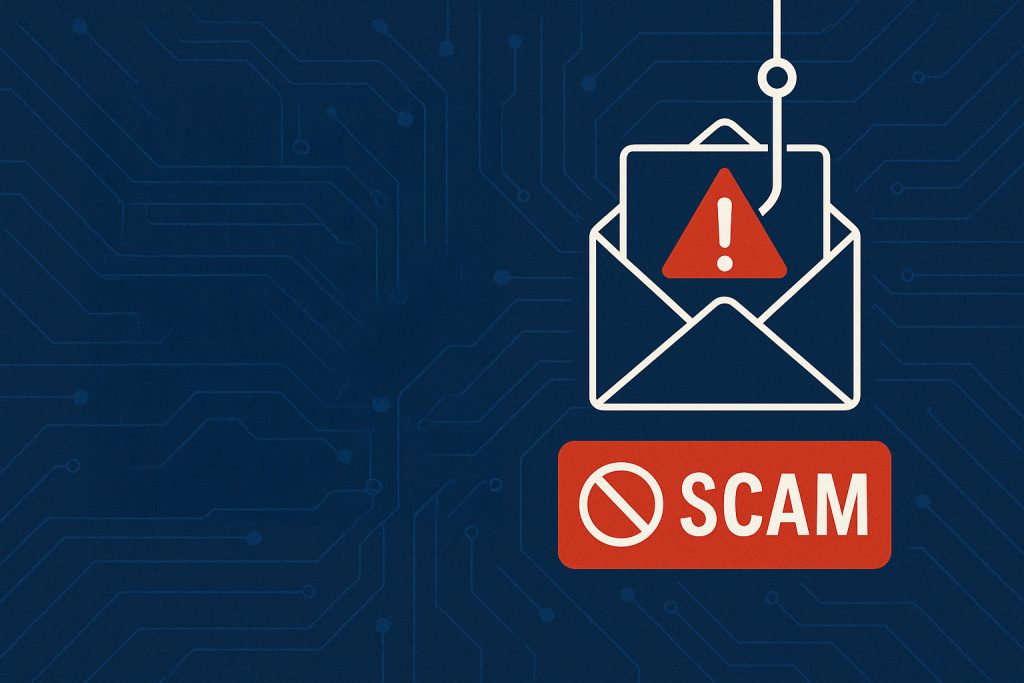Cybercriminals are getting smarter—and more local.
Over the past few weeks, a new phishing scam has been targeting small and mid-sized businesses across Massachusetts, disguised as an urgent notice from a local utility provider. It’s slick, convincing, and dangerous.
Here’s what you need to know—and how to keep your team safe.
⚠️ The Scam: “Unpaid Bill” from National Grid
The emails claim to be from National Grid or Eversource, warning that your account is past due and immediate payment is required to avoid service disconnection. They include:
-
An official-looking logo and language
-
A payment link or downloadable PDF “invoice”
-
A sender address that looks almost legitimate
The goal? To get you to click a malicious link or hand over sensitive information—fast.
🧠 Why It Works
Phishing attacks like this one are designed to exploit urgency and trust. When employees see something that looks familiar (like a local energy company) and scary (loss of service), they’re more likely to act without thinking.
It’s not about IT illiteracy—it’s about human psychology.
🛡️ How to Spot and Stop It
Here’s what we recommend you and your staff watch for:
-
Look Closely at the Sender
Scam emails often use domains like “natgrid-billing.com” instead of the real thing. -
Don’t Click Unexpected Links
Always navigate directly to a company’s official website if you have doubts. -
Watch for Pressure Tactics
Legitimate providers don’t threaten immediate cutoffs in one email. -
Ask IT Before You Act
At APC, we’d rather take a quick call than clean up a major breach.
🔐 Bonus Tip: Set Up a Phishing Test
One of the best ways to harden your business against scams like this is simulated phishing training. It builds awareness and turns your staff into a first line of defense—rather than a liability.
🧭 What APC Recommends
If your business hasn’t had a security review recently, this is your cue. We’ll assess your current protections, educate your team, and help you deploy smart, layered defenses that work in the real world.
You don’t need to panic. But you do need a partner who stays ahead of the threats.







